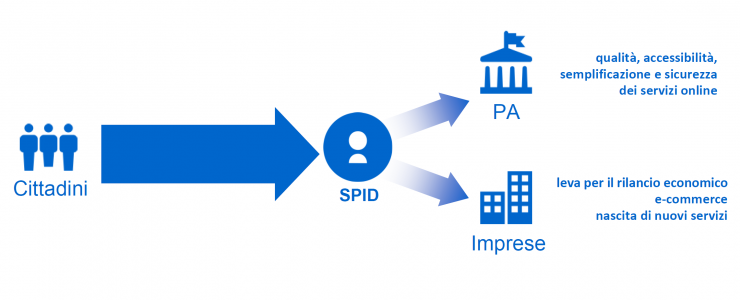Social Security for Expats in Milano
The Social Security System in Italy

Everyone working in Milano becomes part of Italy’s comprehensive social security system mananaged by INPS. Foreign workers and employees who are legally staying in Italy enjoy the same rights and responsibilities as Italian citizens. INPS covers old age pensions, disability benefits, unemployment benefits and paid sick leave.
Have you ever wondered what’s like to move and live in Milano? Are you planning to spend some time in the Italian fashion capital and looking for fresh tips for your stay?
The City of Milano provides a full range of services to help you kick your new life here!
Social security expenses are financed partly by the Italian government, partly by contributions from employers, employees, and some groups of self-employed people. Most of the self-employed are obliged to register with public health insurance. The rest of the mandatory state-sponsored coverage just applies to selected professions, e.g. self-employed farmers or artisans.
Like all other social security contributions, those for medical insurance are deducted directly from your gross salary. On average, employees also contribute 9.19% of their gross income to the national pension scheme. It is the employer’s sole responsibility to cover the costs for occupational and accident insurance.
Your new employer in Milan will automatically register you with INAIL (the national insurance provider for workplace accidents and occupational diseases) and INPS. If you are self-employed, please contact the INPS office in Milano to get advice on your dossier.
Consult INPS hotline at +39 803 164 (related page) for general questions related to social security contributions and benefits or visit the INPS website www.inps.it
As far as pensions are concerned, you should make an appointment with the INPS and/or your social security office back home. They can help you find out how your time as an expat in Milano may affect your right to a national pension in your home country.
To prevent losses for expatriates, all EU and EFTA member states have entered into a special agreement based on the principle of totalization. Working in another EU state should not cause any future disadvantages with regard to old-age pensions, disability benefits, etc. for EU nationals. Therefore, all years of contributions paid into the pension schemes of qualifying countries will be weighted to calculate your pension quota.
Bilateral social security agreements between Italy and selected countries have a similar goal. Starting 2017, agreements were reached with Argentina, Australia, Bosnia and Herzegovina, Brazil, Canada, the Cape Verde Islands, the Channel Islands, Croatia, Israel, Macedonia, Monaco, San Marino, South Korea, Serbia, Tunisia, Turkey, the US, Uruguay, and Venezuela.
Nationals of these countries who wish to receive their old age benefits in Italy must usually fulfill the same conditions as Italian nationals in order to access their state pension. As of 2018, both women and men have a statutory retirement age of 66 years and seven months and must have paid social security contributions for at least 20 years (in either nation), or at least five years if aged 70 or older.
Many Italian employees also pay into an additional pension scheme to top up their national pensions. There are so-called closed pension funds reserved for the employees of certain companies or the members of specific occupations, as well as open funds for collective membership for all kinds of employees.
Private pension plans for individuals and international private funds in your home country are also an option to be considered. No matters which one you prefer, it is always wise to get a “nest egg” to fully enjoy your retirement in a Bella Vita scenario!
Unemployment benefits in Italy are granted by INPS, the National Social Security Institute (www.inps.it), to those workers who lose their jobs involuntarily due to dismissal, resignation for just cause, resignation during maternity leave, disciplinary dismissal, consensual resolution.

 Log in
Log in



